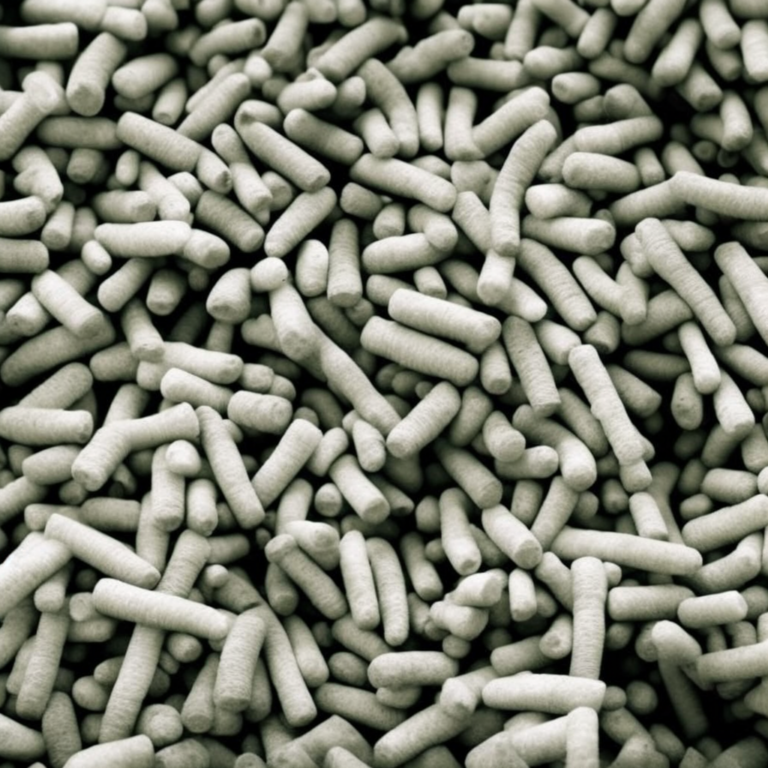At-Home Solutions for Blood Pressure Management
I. Introduction
Blood pressure, a vital health indicator, is the force exerted by circulating blood against the walls of the body’s arteries, the major blood vessels in the body. Hypertension is another name for high blood pressure, a condition that can lead to severe health complications if not managed effectively. On the other hand, hypotension, or low blood pressure, can cause dizziness and fainting. Both conditions require careful management to maintain optimal health.
Managing blood pressure is crucial as it can lead to serious health issues like heart disease, stroke, and kidney disease if left unchecked. Fortunately, there are numerous at-home solutions available for blood pressure management, ranging from lifestyle modifications to the use of monitoring devices.
With the advent of technology and increased awareness about health, managing blood pressure at home has become more feasible. This article provides an in-depth look at understanding blood pressure, its causes, the importance of at-home management, and various solutions for managing blood pressure at home.
II. Understanding Blood Pressure
Blood pressure plays a crucial role in the body. It ensures that oxygen and nutrients are distributed throughout the body, supporting the functioning of vital organs. However, when blood pressure levels are too high or too low, it can lead to various health complications.
High blood pressure, or hypertension, can cause damage to the body’s blood vessels, leading to heart disease, stroke, and other serious conditions. It’s often referred to as a “silent killer” because it typically has no noticeable symptoms until significant damage has been done.
On the other hand, low blood pressure, or hypotension, while less common, can cause symptoms like dizziness, fainting, and in severe cases, can lead to life-threatening conditions. It’s important to understand the consequences of both high and low blood pressure to effectively manage your health.
III. Causes of Blood Pressure Fluctuations
Blood pressure can fluctuate due to various factors. Lifestyle factors such as diet, physical activity, and stress levels can significantly impact blood pressure levels. Consuming a diet high in salt, lack of physical activity, and high stress levels can lead to high blood pressure.
Genetic factors also play a role in blood pressure levels. If your family has a history of high blood pressure, you may be at a higher risk of developing the condition. Additionally, certain genetic disorders can also lead to high blood pressure.
Environmental factors such as exposure to air pollution and noise can also contribute to high blood pressure. It’s important to be aware of these factors and make necessary changes to manage your blood pressure effectively.
IV. Importance of At-Home Blood Pressure Management
Regular monitoring of blood pressure at home can help in early detection of any fluctuations, enabling timely intervention. It can also help in tracking the effectiveness of any medications or lifestyle changes made to manage blood pressure.
Managing blood pressure at home has several benefits. It can provide a more accurate picture of your blood pressure as it allows for frequent measurements in a familiar and comfortable environment. It can also help in avoiding “white coat syndrome,” a condition where blood pressure readings are higher when taken in a medical setting due to anxiety.
While clinical settings provide comprehensive care and medical advice, they may not offer the convenience and comfort of home monitoring. However, it’s important to note that at-home management should complement, not replace, professional healthcare.
V. At-Home Blood Pressure Monitoring Devices
There are various types of at-home blood pressure monitoring devices available, including arm monitors, wrist monitors, and wearable devices. These devices provide a convenient way to monitor blood pressure levels at home.
Using these devices correctly is crucial for accurate readings. It’s important to follow the manufacturer’s instructions, which typically include recommendations like sitting comfortably with feet flat on the floor and placing the monitor at heart level.
While home devices offer convenience, their accuracy and reliability can vary. It’s recommended to have your device checked against a professional machine periodically to ensure it’s providing accurate readings.
VI. Lifestyle Modifications for Blood Pressure Management
Dietary changes can significantly impact blood pressure levels. Consuming a diet rich in fruits, vegetables, lean proteins, and whole grains, while limiting salt and processed foods, can help manage blood pressure. For more information on dietary plans and recipes, visit here.
Regular exercise and physical activity can also help in managing blood pressure. It’s recommended to get at least 150 minutes of moderate-intensity exercise or 75 minutes of vigorous-intensity exercise each week. For more tips on exercise and fitness, visit here.
Stress management techniques like deep breathing, meditation, and yoga can also help in managing blood pressure. For more information on mental wellness and stress management, visit here.
VII. Natural Remedies for Blood Pressure Management
Herbal supplements like hawthorn, garlic, and fish oil have been found to help manage blood pressure. However, it’s important to consult with a healthcare provider before starting any supplement regimen. For more information on natural remedies and supplements, visit here.
Essential oils like lavender, ylang-ylang, and bergamot have been found to have calming effects and may help in managing blood pressure. However, more research is needed in this area.
Meditation and yoga can also help in managing blood pressure by reducing stress and promoting relaxation. For more information on the benefits of yoga, visit here.
VIII. Role of Medication in Blood Pressure Management
Medication plays a crucial role in managing high blood pressure. Commonly prescribed medications include diuretics, beta-blockers, and ACE inhibitors. It’s important to take medication as prescribed by your healthcare provider for effective management.
Taking medication correctly is crucial for its effectiveness. This includes taking the right dose at the right time, and not skipping doses. It’s also important to communicate with your healthcare provider about any side effects you may experience.
While medication can effectively manage high blood pressure, it can also have potential side effects like dizziness, fatigue, and headaches. It’s important to discuss these with your healthcare provider to ensure the benefits outweigh the risks.
IX. Importance of Regular Check-ups and Consultation
Regular check-ups with a healthcare provider are crucial for effective blood pressure management. These check-ups can help in monitoring the effectiveness of your management plan and making necessary adjustments.
Regular blood tests can also provide valuable information about your overall health and how it may be affecting your blood pressure. For example, high cholesterol levels can increase your risk of high blood pressure and heart disease.
Health professionals play a crucial role in blood pressure management. They can provide medical advice, prescribe medication, and provide support and resources for lifestyle changes. It’s important to maintain open communication with your healthcare provider for effective management.
X. Conclusion
Managing blood pressure at home has become more feasible with the availability of various solutions like monitoring devices, lifestyle modifications, and natural remedies. Regular monitoring, dietary changes, exercise, stress management, and regular check-ups with a healthcare provider are all crucial for effective management.
While these at-home solutions provide convenience and control, it’s important to remember that personal responsibility plays a crucial role in health management. Regular check-ups with a healthcare provider, following their advice, and maintaining a healthy lifestyle are all crucial for effective blood pressure management.
With advancements in technology and increased awareness about health, the future of blood pressure management at home looks promising. However, it’s important to remember that while these solutions can help in management, they should complement, not replace, professional healthcare.
FAQs
What is blood pressure?
Blood pressure is the force exerted by circulating blood against the walls of the body’s arteries, the major blood vessels in the body.
Why is managing blood pressure important?
Managing blood pressure is important as uncontrolled high blood pressure can lead to serious health issues like heart disease, stroke, and kidney disease.
How can I manage my blood pressure at home?
You can manage your blood pressure at home by monitoring it regularly with a home device, making dietary changes, exercising regularly, managing stress, and having regular check-ups with a healthcare provider.
What are some natural remedies for blood pressure management?
Some natural remedies for blood pressure management include herbal supplements, essential oils, and practices like meditation and yoga.
What role does medication play in blood pressure management?
Medication plays a crucial role in managing high blood pressure. It can help lower blood pressure levels when lifestyle changes are not enough.







